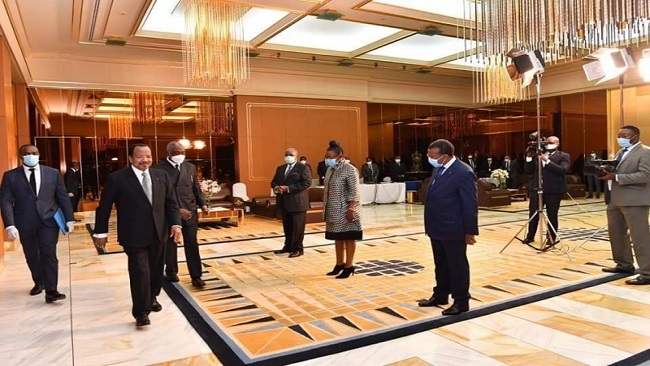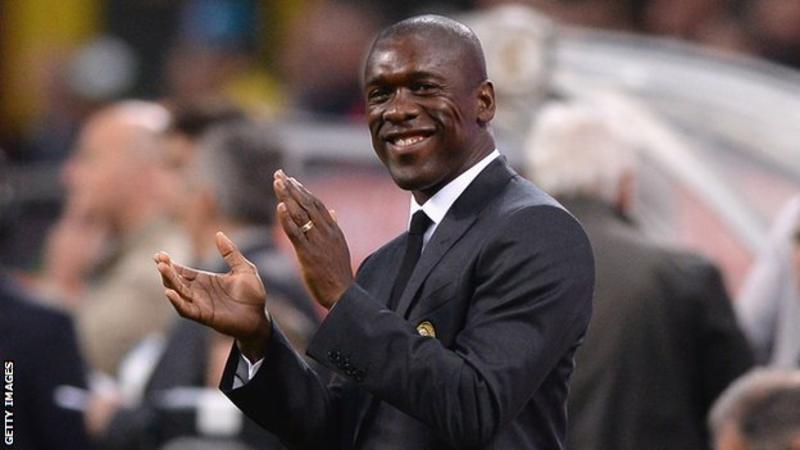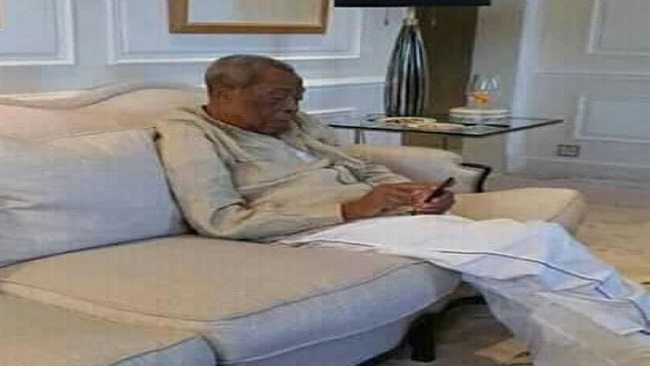4, June 2020
George Floyd killing: A propaganda victory for America’s adversaries? 0
The killing of George Floyd, an unarmed black man, at the hands of Minneapolis police on May 25 has sparked global criticism not only from America’s allies but also its many political adversaries, for whom American police brutality and racial injustice could be a valuable propaganda tool.
“They want to suffocate us as they suffocated this young African American,” said Nicolas Maduro, president of Venezuela, on Monday. “They want to suffocate us here in the jugular,” he added in a national televised address as he pointed to his neck.
The same day, Iranian Foreign Ministry spokesman Abbas Mousavi joined the chorus of condemnation, pointedly making his remarks in English.
“To the American people, the world has heard your outcry over this state oppression, the world is standing with you. The American regime is pursuing violence and bullying at home and abroad,” he said.
Both countries have fractious relations with the US and Donald Trump’s administration in particular while also having been the subject of American criticism because of their own human rights records.
“America’s adversaries are having a field day with developments in the United States. I think they have taken advantage of this and the Trump administration is vulnerable to the criticism,” Peter Trubowitz, director of the United States Centre at the London School of Economics, told FRANCE 24.
“Clearly the focus is not on a domestic audience but rather this is an opportunity to score points internationally to highlight what they believe is hypocrisy in the American position.”
Trump’s reaction to the protests, which has included controversial tweets and threats to deploy the army, has been the focus of much of the international condemnation.
On Monday China, which has been criticised by the US and others over the violent crackdown on pro-democracy protesters in Hong Kong, accused the US and Trump of double standards.
“Why is the US depicting the so-called Hong Kong independence movement and violence as beautiful and heroic while calling its own people who are protesting against racial discrimination ‘rioters’?” Said China’s Foreign Ministry spokesman Zhao Lijian.
“Why is the US making groundless accusations against the Hong Kong police, who exercise restraint and civilised law enforcement, while threatening to shoot and even use the national guard against protesters in the US? This action by the US is the most typical example of double standards.”
But are such statements merely political point scoring or could they have a real impact on US foreign policy goals in China and elsewhere?
“I think the administration is going to find itself in a very difficult position. It is the anniversary of the massacre at Tiananmen Square and normally the US is in a position to really make… and I think it will, it will remind international audiences of what happened then, especially in light of what’s going on in Hong Kong right now,” said Trubowitz.
“But the problem is that given Trump’s own language and responses at home in the United States, they don’t ring true, for many people they won’t have the same kind of credibility.
“Can Trump lead in a very kind of commanding way on these issues? Let’s just put it this way: he can’t lead as forcefully today as he could have say maybe a week ago.”
Source: France 24


























5, June 2020
Journalist Samuel Wazizi’s body may have been cut into pieces 0
A Yaoundé mission that resulted in the apparent death of a Southern Cameroons journalist Samuel Wazizi, arrested August 2 and handed over to Cameroon’s military was organized by a high-ranking officer with the support of SED and the Cameroon Secret Service, a well placed source familiar with the case has hinted Cameroon Intelligence Report.
Our source described the Cameroon military official who interrogated Samuel Wazizi Wazizi, also known as Samuel Ajekah Abuwe immediately after his arrest in Buea, in Cameroon’s southwest as very close to the inner circle of President Paul Biya and Minister Paul Atanga Nji.
Cameroon government authorities did not publicly said why they were detaining him, but the Francophone dominated police reportedly told his lawyer that Wazizi was accused of “collaborating with separatists” and “spreading separatist information.”
It is unclear whether President Biya or Territorial Administration Minister, Paul Atanga Nji authorized his arrest, interrogation and killing. However, several opponents of the Yaoundé regime including exiled Ambazonia leader Vice President Dabney Yerima, Cameroon Intelligence Report spoke with noted that the killing of Samuel Wazizi could not have happened without the direct knowledge of the Cameroonian National Security Council run by Minister Paul Atanga Nji.
Another source deep inside the ruling CPDM party told Cameroon Intelligence Report that the Biya Francophone government suspected Samuel Wazizi of having ties to the Southern Cameroons Interim Government and its jailed leadership. There has been no evidence to demonstrate Wazizi had such ties.
The same source furthered that the organizer of the mission to kill Wazizi was not transparent about what he told President Biya and other members of his so-called National Security Council, which, the source said, explained why the Yaoundé government still has no clear information and has been maintaining a kind of deliberate silence on the matter.
Some sources have hinted CIR that the Biya regime is planning to acknowledge that Wazizi died in Buea during a botched interrogation, one that was intended to lead to his transfer from Southern Cameroons to Yaoundé.
A Southern Cameroons officer serving with the intelligence unit of the Rapid Intervention Battalion in Buea informed Cameroon Intelligence Report that Samuel Wazizi’s body may have been cut into pieces after he was killed in Buea by Francophone Beti Ewondo officers. Cameroon government officials would not comment on the disposal method for the body despite pressure from Reporters Sans Frontieres.
Yaoundé silence suggests Wazizi killer squad had ties to Biya regime.
By Soter Tarh Agbaw-Ebai in London